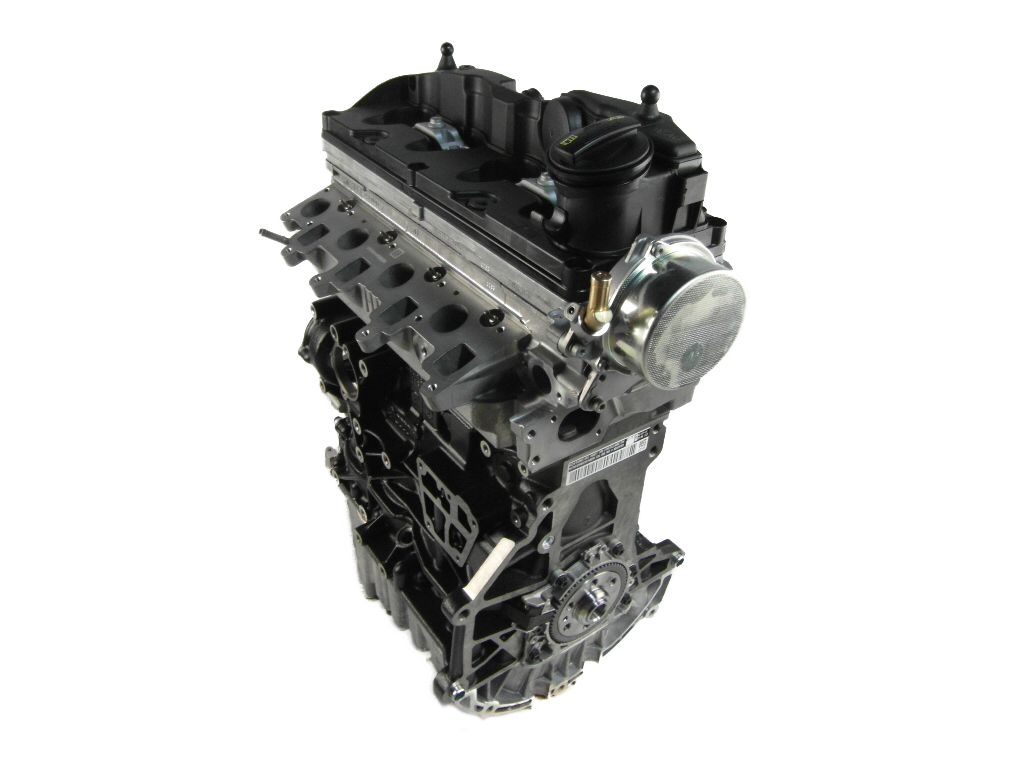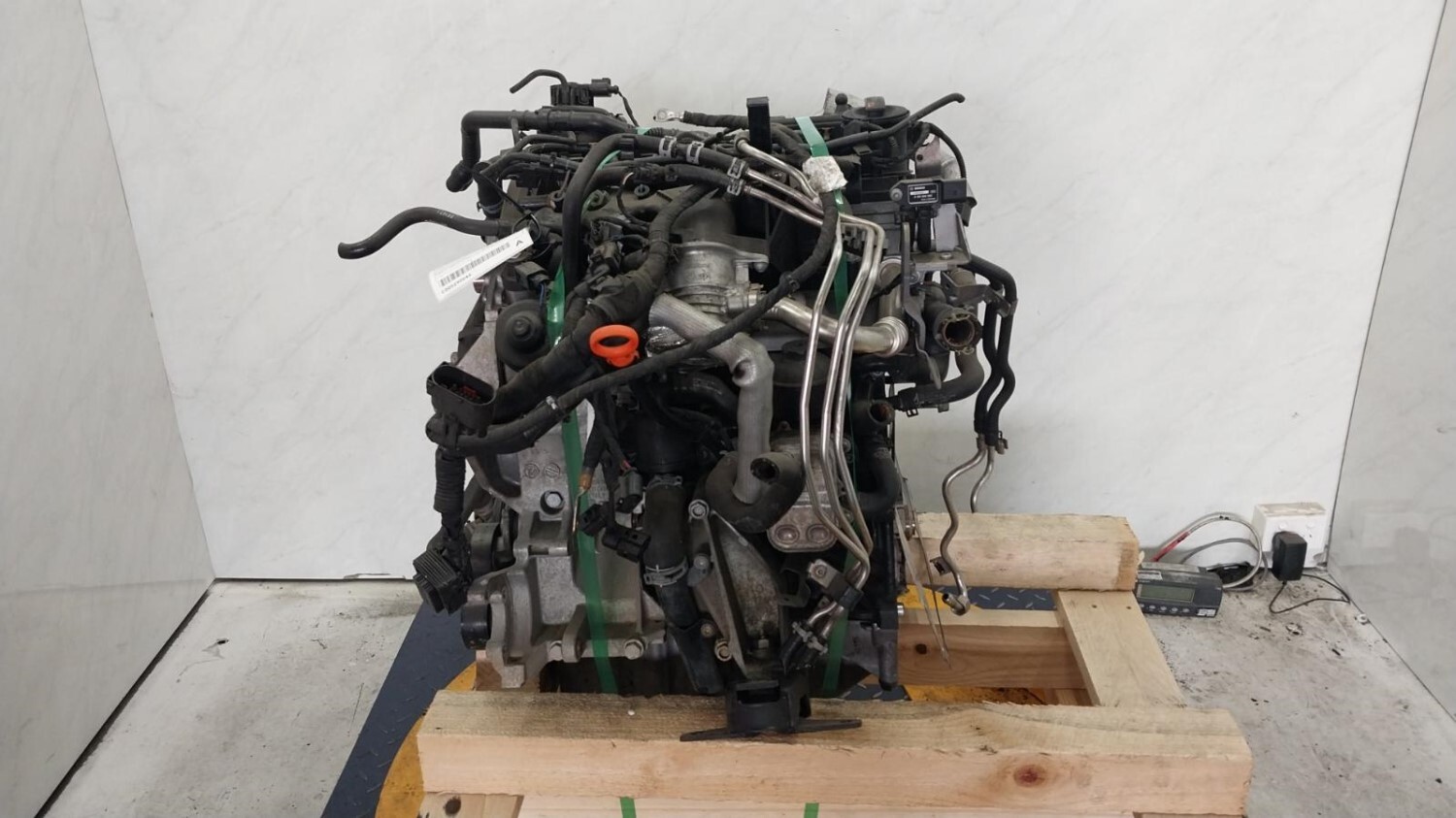Explore High-Performance Amarok Engine for Sale-- Suitable Upgrades for Your Vehicle
Explore High-Performance Amarok Engine for Sale-- Suitable Upgrades for Your Vehicle
Blog Article
Navigating the Refine of Engine Choice: Secret Elements to Take Into Account
The process of engine selection is a diverse undertaking that requires mindful evaluation of numerous critical aspects to guarantee positioning with functional objectives. Efficiency requirements, fuel performance, and monetary restrictions are simply the start; factors to consider around ecological effect and upkeep assistance play a critical role in the decision-making structure. Comprehending how each of these elements interacts can substantially influence the performance and longevity of your investment. The complexities of each element may not be instantly noticeable, prompting more exam of exactly how to strategically navigate this facility landscape.
Performance Needs
When picking an engine, it is critical to establish clear efficiency demands that align with the designated application. Performance requirements encompass a series of aspects, including power result, torque qualities, and responsiveness, which have to be customized to the particular demands of the car or equipment concerned.
Power outcome, typically measured in horse power, identifies the engine's capacity to propel a lorry or do a job effectively. Torque, on the various other hand, is important for applications requiring solid first acceleration or hefty training capacities. An understanding of the operational setting is additionally important; for example, engines created for off-road applications might require different efficiency features compared to those meant for freeway use.
In addition, take into consideration the operational load and duty cycle, as these variables affect the engine's long life and reliability. In high-load circumstances, a robust engine layout might be required to stop early wear or failure. Furthermore, efficiency demands must additionally incorporate factors to consider for emission requirements and regulatory compliance, specifically in areas with strict ecological guidelines. By specifying these performance criteria early in the selection procedure, stakeholders can make educated choices that boost total functional efficiency and efficiency.
Gas Effectiveness Considerations
While efficiency needs are crucial, fuel efficiency is equally essential in the engine choice procedure, as it directly affects operating expenses and ecological sustainability. Fuel-efficient engines eat less fuel per unit of work carried out, which not just minimizes overall expense yet additionally reduces greenhouse gas discharges. As organizations significantly focus on sustainability, picking an engine that optimizes fuel performance can improve business obligation and compliance with environmental regulations.
When examining gas performance, it is crucial to take into consideration the engine's style and modern technology - amarok engine for sale. Developments such as turbocharging, direct gas shot, and crossbreed systems can substantially enhance fuel economic situation. Furthermore, understanding the operating problems and obligation cycles of the engine application is crucial; engines might execute in different ways under varying lots and rates
In addition, manufacturers usually supply gas usage data that can be utilized to compare different engine options. It is suggested to assess these specs in real-world circumstances to ensure accuracy. Finally, the kind of fuel used can likewise influence fuel effectiveness; alternate fuels may use better performance and lower discharges. In summary, fuel efficiency is a multi-faceted factor to consider that calls for thorough analysis throughout the engine option procedure.
Budget Plan and Cost Analysis
Budget plan and cost analysis serves as a crucial part in the engine option procedure, influencing both short-term investments and lasting functional expenses. When examining potential engines, it is vital to consider not just the first acquisition rate but also the total cost of possession, which encompasses installment, upkeep, gas consumption, and prospective downtime.
An extensive evaluation must start with the upfront prices connected with the engine, consisting of necessary alterations or secondary devices. Concentrating exclusively on initial expenses may lead to misguided choices. Reviewing operating expense over the engine's life expectancy is just as essential, as much more expensive engines may use exceptional fuel performance or minimized upkeep needs, eventually causing cost financial savings.

Ecological Influence Elements
Understanding ecological influence aspects is necessary in the engine option process, as sustainability considerations have actually become progressively vital for both governing conformity and corporate responsibility. see this here Organizations needs to evaluate the discharges generated by different engine types, including carbon dioxide, nitrogen oxides, particulate matter, and unburned hydrocarbons. These discharges add substantially to air pollution and environment change, necessitating a careful analysis of the engine's environmental footprint.
Additionally, gas type plays an important function in ecological influence. Engines powered by renewable resource resources, such as biofuels or hydrogen, often tend to have a lower environmental effect compared to standard nonrenewable fuel sources. Additionally, the lifecycle evaluation of the engine, from manufacturing through operation to disposal, need to be thought about to understand the full scope of its ecological implications.

Maintenance and Assistance Choices
When picking an engine, the accessibility of maintenance and assistance choices is a crucial consideration that can dramatically influence operational performance and long life. Comprehensive upkeep prepares guarantee that the engine operates at peak efficiency and reduces unanticipated downtimes. It is important to evaluate the manufacturer's assistance network, consisting of the schedule of certified service technicians and service centers.
Examining the accessibility of spare parts is likewise essential. A dependable supply chain view publisher site for elements can lower lead times for fixings and upkeep, thereby enhancing general performance. In addition, consider the convenience of acquiring technical documents and training sources, which are important for guaranteeing that workers are fully equipped to deal with regular and emergency circumstances.
An additional important variable is the guarantee and service contracts used by the maker. These arrangements can supply satisfaction and monetary security versus unforeseen concerns. Inevitably, a proactive strategy to maintenance and assistance not only prolongs the life of the engine however additionally adds to the general success of the procedure. Careful factor to consider of these aspects will result in informed choices that align with functional goals and budget plans.
Verdict
Finally, the procedure of engine option necessitates a thorough examination of numerous crucial factors, consisting of efficiency demands, fuel effectiveness, spending plan restraints, ecological impact, and maintenance support. By carefully evaluating these elements, educated choices can be made that align with functional objectives and sustainability objectives. Eventually, a calculated approach to engine choice why not try here will certainly make certain optimal efficiency and longevity while resolving ecological and financial considerations effectively.
While performance requirements are vital, gas efficiency is similarly vital in the engine selection process, as it directly impacts operating costs and ecological sustainability. As organizations significantly prioritize sustainability, choosing an engine that enhances fuel efficiency can improve business responsibility and compliance with ecological regulations.
Furthermore, understanding the operating problems and duty cycles of the engine application is essential; engines may carry out in different ways under differing tons and speeds. (amarok engine for sale)
Examining operating expenses over the engine's lifespan is just as important, as a lot more pricey engines may use premium gas efficiency or lowered maintenance demands, ultimately leading to set you back financial savings.
In verdict, the procedure of engine option necessitates a detailed assessment of various crucial variables, consisting of efficiency requirements, fuel performance, budget constraints, environmental impact, and maintenance support. - amarok engine for sale
Report this page